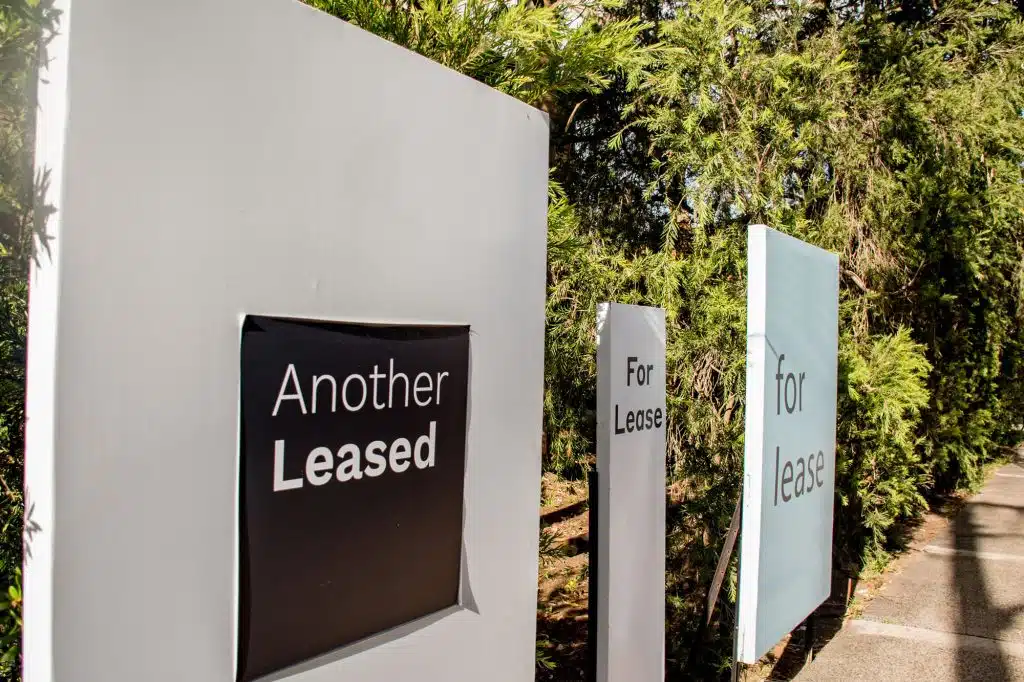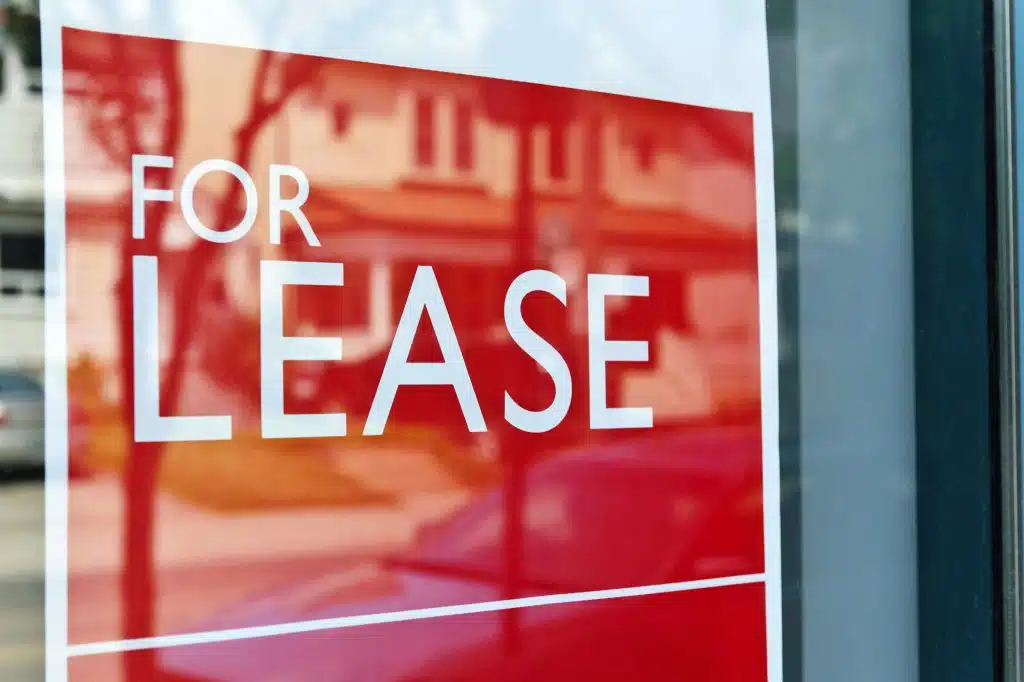

Commercial leases for business
Commercial lease agreements cover retail leases (for the operation of retail shop businesses), commercial leases (non-retail businesses), licences (for short-term periods) and sub-leases (an agreement between a tenant and a third party).
The majority of Australian small businesses rent commercial property rather than buying it, because it requires less capital. However, commercial leases are usually more complex than residential leases, because the terms and conditions vary from lease to lease, and are usually negotiable.
Commercial leases also offer fewer legal protections than residential leases, so it’s crucial you understand the terms and conditions before finalising your agreement. Failure to secure a commercial lease agreement that adequately protects your requirements will potentially impact the integrity and success of your business.
What’s included in a commercial lease agreement?

Lease duration
Although landlords usually prefer longer lease terms (3, 5 or even 10 years), if you’re a small business, you will most likely want to determine if your business will be successful or not, so an initial shorter term may be in your best interests. You can negotiate a short-term lease with an option to renew for a longer duration, and while this may increase the rent cost, it is a safer alternative than being legally-bound to a lengthy term. It’s also important to clarify the obligations for both the tenant and landlord in relation to the termination of the lease; while a tenant can be sued for any contractual breaches, a landlord is usually required to proactively find a new lessee.
Occupancy costs
A commercial lease agreement will outline the rent payable by a tenant to a landlord, and this is usually calculated on the square footage of the space. It’s important to clarify if the rent is inclusive of the landlord’s operations costs, or if the rent excludes council and water rates and land tax. All rent reviews will also be detailed, and the amount will be determined by CPI, market and fixed review methods. This usually occurs annually, so it’s in your best interests to project your longterm costs versus your profits. It’s also advisable to negotiate a cap on any rent increases to prevent unmanageable costs later.

Security
The commercial lease agreement will include the security deposit amount to be paid by the tenant to the landlord, along with the terms regarding its return. A security generally protects the landlord against the tenant not being able to pay rent, and will usually be equal to three to six months’ rent. It will be in the form of a personal guarantee if the tenant is a company, or a bank guarantee if the tenant is an individual.

Property description
A commercial lease agreement needs to include a detailed description of the property, and will outline what amenities, common areas or parking facilities it includes. It should also incorporate a use clause, which states the activity or pursuits the tenant can engage in. If you feel that your small business has potential to expand or be used for other business endeavours in future, you can attempt to negotiate a broader usage clause.
Fit-outs and improvements
As a small business owner, you may wish to make alterations to the existing property, and these can be cosmetic improvements or a complete overhaul or fit-out. If you intend to make modifications, the commercial lease will specify who is responsible for paying for any improvements. A fit-out, on the other hand, is usually paid for by the tenant. It’s important to look out for make-good clauses (where the property needs to be in its original state when the lease expires), and whether or not the contract specifies that the tenant needs to recarpet or repaint the property upon vacating the premises.

Zoning and signs
A commercial lease agreement should clearly outline the applicable council zoning. As it’s not the responsibility of the landlord to communicate this information, it’s important to carefully read and understand all zoning requirements or limitations, as these can impact your ability to operate without a lengthy approval process. If you intend to install signs visible from the street, it’s also crucial to ensure the lease doesn’t prohibit their use.
Exclusivity clause
Every small business owner should protect their operations and increase their chance to succeed by having an exclusivity clause incorporated within the commercial lease. An exclusivity clause prevents a landlord from renting a space to another tenant who operates a similar business, and would therefore potentially negatively impact your success.
Secure the services of a specialised lawyer who can help you review and tailor the document to ensure you protect your business interests
Many commercial leases are generic, and because there is no industry standard, they won’t incorporate your unique business needs. It’s advisable to formalise your specific requests, and it’s also important to ensure the contract excludes any clauses that are not applicable to your business. Reviewing, drafting and signing a commercial lease agreement can be a daunting task, which is why it’s important to secure the services of a specialised lawyer who can help you review and tailor the document to ensure you protect your business interests. At Lawbase, we have extensive experience negotiating favourable terms for small businesses, so if you require a customised commercial lease, please contact us today.
Need assistance with a commercial lease?
Fill in the form below and one of our commercial lease specialists will be in touch. You can also phone 1300 149 140 during standard business hours.











